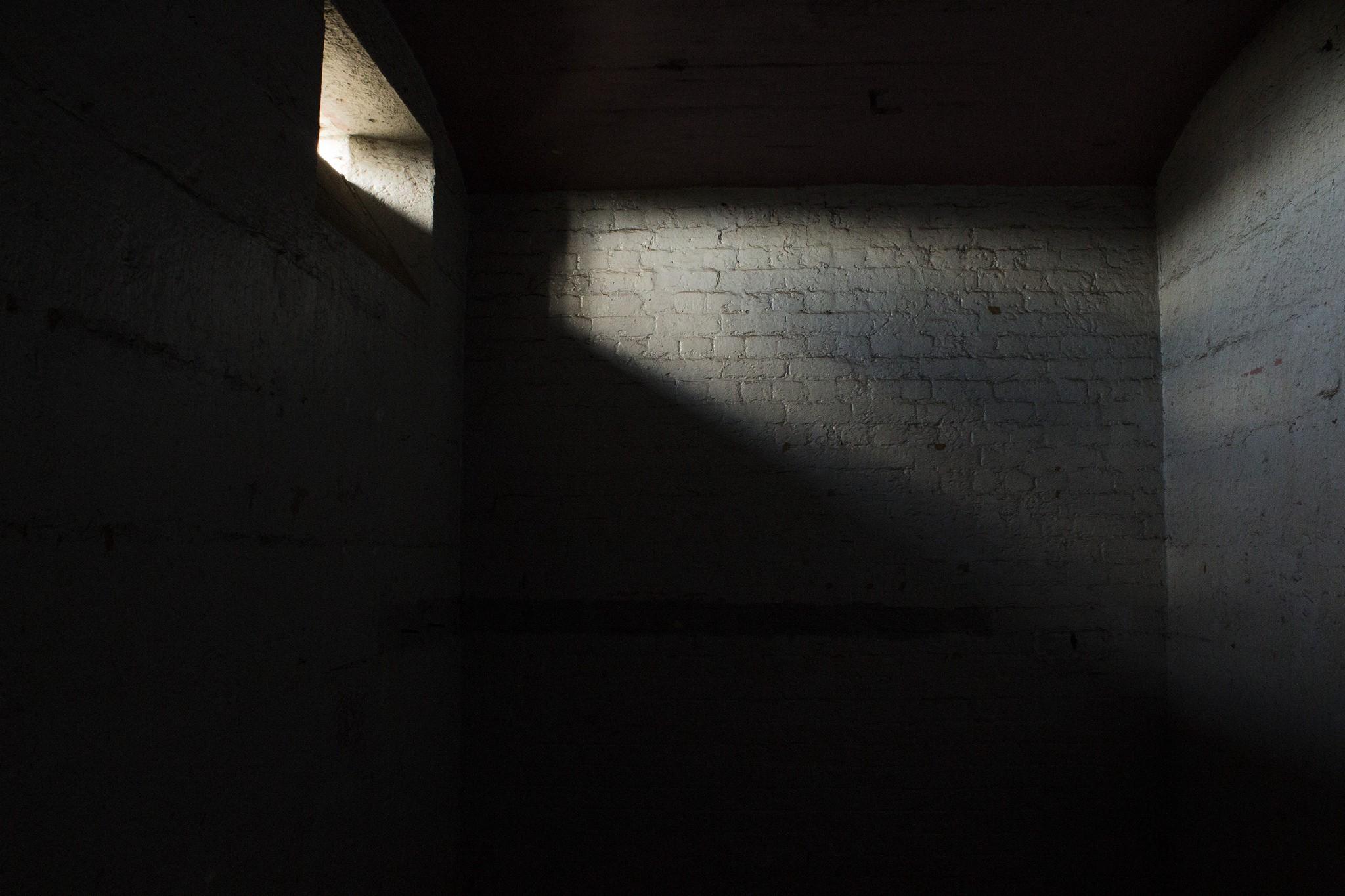Pennsylvania’s Death Row Prisoners Argue That the Right to Execute Does Not Include the Right to Isolate
Historically, whenever a Pennsylvania court handed down a death sentence, it was effectively condemning the defendant to live the rest of his or her years in isolation. The Pennsylvania Department of Corrections mandates that people on death row be held in solitary confinement. And Pennsylvania isn’t the only state to do so: A recent survey by The Marshall […]

Historically, whenever a Pennsylvania court handed down a death sentence, it was effectively condemning the defendant to live the rest of his or her years in isolation. The Pennsylvania Department of Corrections mandates that people on death row be held in solitary confinement. And Pennsylvania isn’t the only state to do so: A recent survey by The Marshall Project found that of the 2,802 state prisoners sentenced to death nationwide, 61 percent are isolated for 20 hours or more per day.
On January 25, the ACLU of Pennsylvania, along with three other law firms, filed a federal class action lawsuit challenging this policy’s constitutionality.
The five plaintiffs have each spent over a decade in solitary confinement. These men spend between 22 and 24 hours per day in a “small cell, the size of a regular parking spot,” where the lights are never turned off, according to the complaint. One of the plaintiffs has been in solitary for 27 years. Nearly 80 percent of Pennsylvania’s 156 death row prisoners have been there for over a decade.
“There is a difference between saying this person can be put to death, and saying our constitution actually allows people to be tortured while they’re in prison,” said Susan Lin, an attorney at Kairys, Rudovsky, Messing, Feinberg & Lin, one of the law firms that filed the suit.
Pennsylvania Department of Corrections Secretary John Wetzel, who frequently touts himself as a criminal justice reformer in media interviews and on academic panels, is the lead defendant in the lawsuit. This practice is hard to square with his reform-minded reputation.
This isn’t the first time Wetzel has been a defendant in a lawsuit challenging his department’s policies on solitary confinement. In 2016, he was sued for keeping an intellectually disabled man, Arthur Johnson, in solitary for 37 years. The federal court judge ruled that because there weren’t adequate grounds to consider the man a threat to other prisoners or guards, his prolonged isolation constituted cruel and unusual punishment.
The new ACLU-led lawsuit challenges mandatory solitary for death row prisoners as violating both the Eighth Amendment and the constitutional right to due process. The suit argues that just because a person is death-sentenced, he or she is still entitled to a process to determine the necessity of isolation.
Civil rights attorneys are using this due process argument more frequently in similar suits challenging mandatory solitary. “We are increasingly recognizing that solitary confinement is a form of torture, that it is categorically a different kind of punishment than just being in prison,” said Johanna Kalb, professor of law at Loyola University in New Orleans, who has written about long-term isolation, “There is a liberty issue when you’re put there without a meaningful process.”
The United States Supreme Court declined to hear a similar argument in 2015, in part because the case became moot when Virginia executed the defendant, Alfred Prieto, before the high court could rule on his final stay application. In Prieto’s case, a trial court ruled that the conditions he and other prisoners on death row faced in solitary were “dehumanizing” and “undeniably severe.” As such, the trial court ruled that prison officials should either decide whether a person needs to be in solitary on a case-by-case basis, or make the conditions of solitary more humane.
The Fourth Circuit Court of Appeals, however, shot down this decision. In a 2–1 ruling, the court maintained that Prieto “can only be deprived of that to which he is entitled.” Due process doesn’t apply, the court decided, because it is explicitly written into Virginia state law that people sentenced to death should be placed in solitary confinement; thus he was not entitled to any other placement.
That same year, Supreme Court Justice Anthony Kennedy wrote, in a concurring opinion regarding a death-row prisoner’s legal challenge on an unrelated issue, that the “near-total isolation” of solitary “exacts a terrible price.” He went on to quote Dostoyevsky: “The degree of civilization in a society can be judged by entering its prisons.”
Solitary confinement for people on death row is often justified by the belief that prisoners sentenced to death are too dangerous to live among the general population. But according to Kalb, “The data increasingly shows us that this just isn’t true.” For example, since Colorado stopped automatically housing death-sentenced prisoners in solitary in 2014, prison officials have reportedthere was no rise in the level of violence.
A Pennsylvania Department of Corrections spokesperson, Amy Worden, declined to comment on the ACLU lawsuit or the state’s policy, but in a statement wrote that the DOC is “undertaking changes that will allow more out-of-cell time in capital case housing units.”
As research on the psychological and physical detriment caused by long-term isolation proliferates and a national movement to limit the use of solitary confinement gains traction, abolishing these policies is critical, Kalb explained. “In some ways, this is a very mild and moderate ask,” she said. “Don’t put people in it automatically. Look at them as individual people.”
